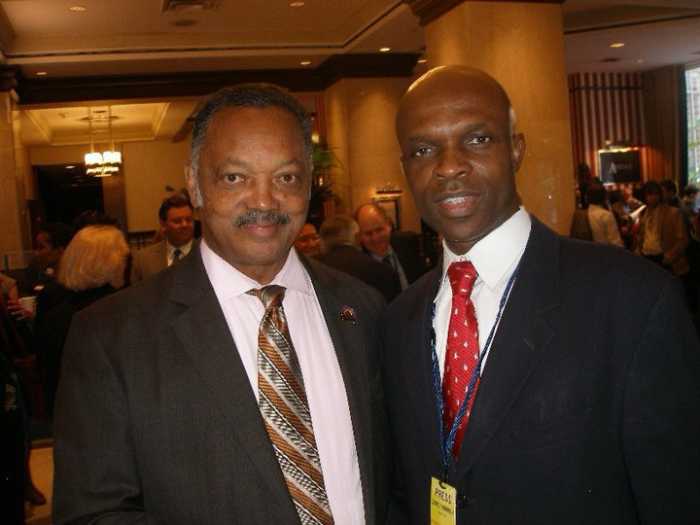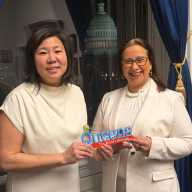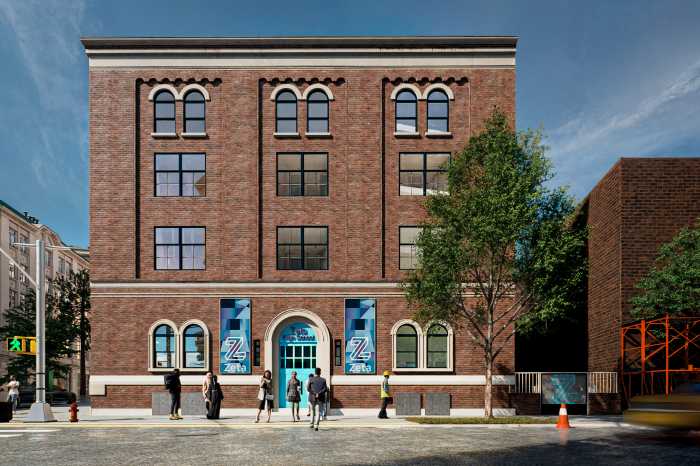By Joan Brown Wettingfeld
If Benjamin Franklin was to walk up High Street in Philadelphia in October 1723, he would note a city busy with a population of about 10,000 people. Hard for us to imagine for that period in our history.
In 1681, the city’s builders had been instructed by Pennsylvania founder William Penn to “Let every house be pitched in the middle of its plot … so there may be ground on each site for gardens, orchards, or fields, that it may be a green ‘country’ town … that it will always be handsome.”
New arrivals came by packet from New York by horseback, over rugged trails from the South and by ship from Europe. Indeed, it reflected the aura of the most important city in the colonies.
No other city of the time was quite like it. Music played in fashionable drawing rooms and there were activities from fishing to parties and dances. Young men were even studying languages, especially French.
But for young Benjamin Franklin, at that time fashionable and intellectual activities were not available. It did not take long, however, for Franklin to exert on his city and soon upon his country an important intellectual influence.
It would be difficult to list accurately Franklin’s widely developed activities and even today it would be hard to imagine that he had time and energy for his many interests. Where did he get the stamina to pursue them?
He found the time for his vast and wide range of activities inventing such things as bifocals, the Franklin stove and the lightning rod as well. Amazing as it may seem, he also introduced such specialties to Philadelphians as “Scotch cabbage,” their first taste of “kohlrobi,” and even Chinese rhubarb. He introduced paved streets and street lamps — the first in America.
In 1751, he suggested to the city fathers that they replace the night watchman, a volunteer, with a paid constable. Police forces were not to appear with uniforms until 100 years later. He organized the first fire department and later introduced the first insurance company, called “Hand in Hand.” He also started “The Library Company of Philadelphia,” known as the first circulating library in America.
In 1751, he established the Pennsylvania Hospital and The Academy for Youth. The latter was to become the University of Pennsylvania. Among his important contributions was his initiation of a small club known as the “Junto.” From this original small organization grew the American Philosophical Society in 1743, which lists as members 12 presidents, 15 signers of the Declaration of Independence and 18 signers of the U.S. Constitution.
Today, the books, papers and manuscripts are rare historical treasures. Among Franklin’s other accomplishments we must not forget are his role as a publisher, including his annual piece called “Poor Richard’s Almanac” as well as his Pennsylvania Gazette.
Though Franklin would have preferred to spend his life devoted to scientific research, public affairs and service to his country would always draw him to those causes. Lastly, it is said, “he perceived a need and sought a solution.”
When he died at the age of 84, he was mourned as the “greatest American” of his time.


































